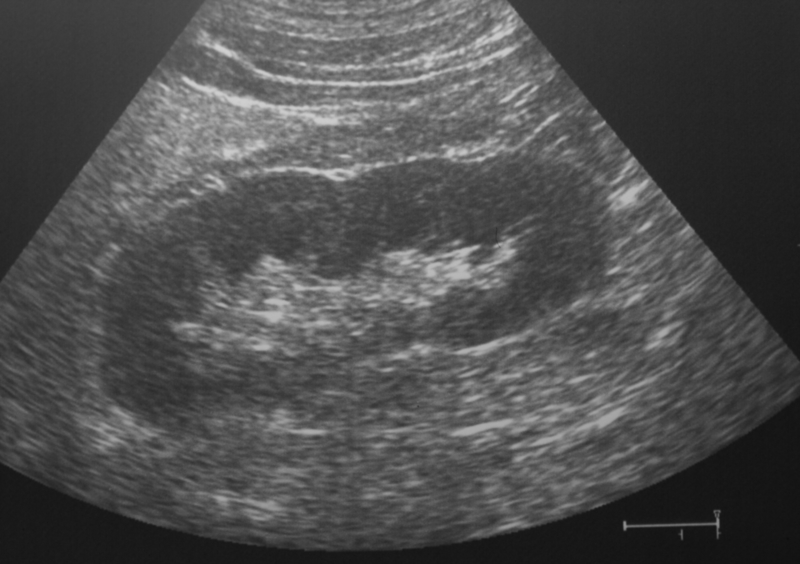American Academy of Pediatrics offers advice on appropriate nephrology testing in children
American Academy of Pediatrics News Jul 19, 2018
The American Academy of Pediatrics (AAP), as part of the Choosing Wisely® campaign, today released a list of specific nephrology tests and procedures that are commonly ordered, but not always necessary, when treating children for kidney-related conditions.

Unnecessary testing often generates false-positive findings that can lead to more testing, expense, inconvenience for patient and family, and even to painful invasive diagnostic or therapeutic procedures.
The AAP Section on Nephrology and the American Society of Pediatric Nephrology (ASPN), after careful review and analysis, produced five targeted evidence-based recommendations in "Five Things Physicians and Patients Should Question."
"Communication between physicians and parents is important to health of all children, but even more so when a child experiences a chronic nephrological illness," said AAP Section on Nephrology Chairperson, Dr. Doug Silverstein. "Sometimes parents or physicians want to ensure all available testing is done, but unnecessary testing can create more fear, cost, and risk for children. Good communication and discussion of options can help reduce the likelihood of unnecessary testing."
"For example, repeating a blood pressure measurement before undertaking an extensive work-up for hypertension will often avoid unnecessary testing and the risk of false-positive results leading to more testing and anxiety for patients and families," said ASPN President, Dr. Patrick Brophy.
The Choosing Wisely recommendations include:
- Do not order routine screening urine analyses in healthy, asymptomatic pediatric patients as part of routine well-child care.
- Do not initiate a work-up for hematuria or proteinuria before repeating an abnormal urine dipstick analysis.
- Avoid ordering follow-up urine cultures after treatment for an uncomplicated urinary tract infection in patients that show evidence of clinical resolution of infection.
- Do not initiate an outpatient hypertension work-up in asymptomatic pediatric patients prior to repeating the blood pressure measurement.
- Do not place central lines or peripherally inserted central lines in pediatric patients with advanced (stage 3-5) chronic kidney disease/end-stage renal disease without consultation with pediatric nephrology due to goals to avoid adverse events, preserve long-term vascular access, and avoid unnecessary and costly procedures.
-
Exclusive Write-ups & Webinars by KOLs
-
Daily Quiz by specialty
-
Paid Market Research Surveys
-
Case discussions, News & Journals' summaries